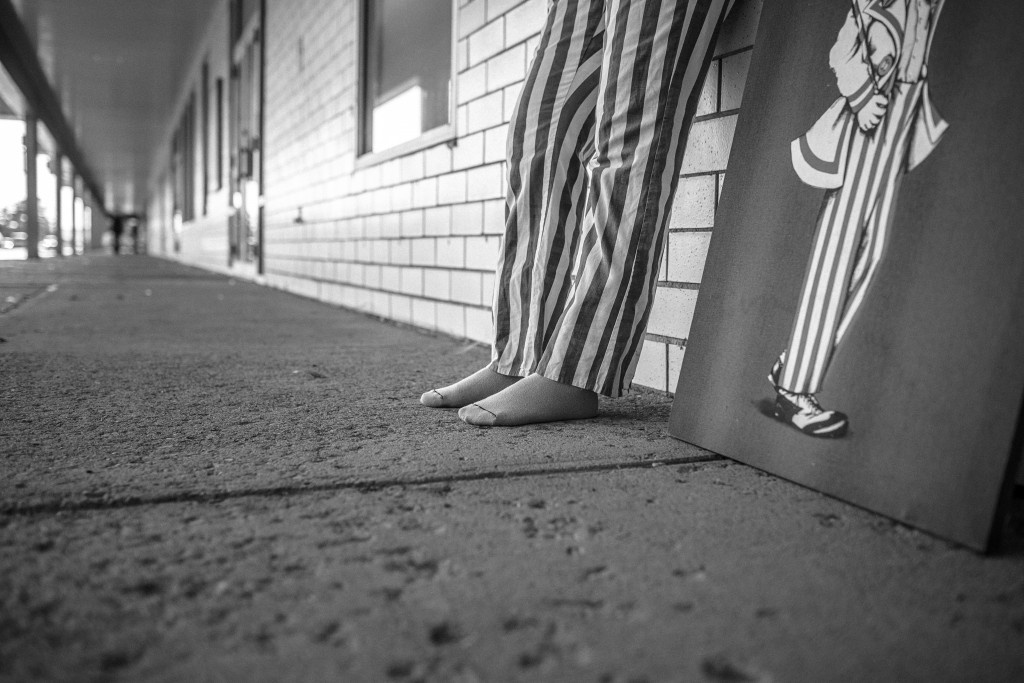I want to talk to my students how I talk to my nieces and nephews. I want to teach my students the way I’ve taught my younger cousins. But in today’s teaching world, I can’t. The ironic thing is, no one has told me I can’t approach educating my students the way I try to educate my younger family members. I guess it is just a spacial recognition that I have subconsciously analyzed and grown familiar with. This is why being a teacher is so hard these days.
The beaurocratic messages that are placed upon teachers are one thing. Test scores, results and assessment have long forged their way onto the highest pedestal when it comes to educational paradigms and principles. Demonstrating tangible achievement through testing measures is important, valuable and has a crucial place in education. But because the standards of education have made this pillar so vital, being a teacher becomes so much harder.
I mean, how can teachers find ways to teach the importance of standardized testing when they know that the job they earned didn’t come from taking some test? And teaching is a public service; the part of society that is the most “objective” and merit-based. If you venture into the private realm of society, most employers could care less about what your transcript looks like. Maybe they are concerned with the degree you attained, but when was the last time an entrepreneurial enterprise asked a prospective candidate about the grades they got in their second year of university? I am not in this realm to know straight facts, so maybe I am wrong. But I have a lot of friends on the corporate-capitalistic side of things making over six figures that have told me that they never once talked about grades in a job interview.
Teaching these days is actually an arresting occupation. In certain ways, teachers are the liberators of knowledge and individual-actualization. But this ultimate goal is so difficult to realize because of all the systemic hoops teachers have to jump through just to get their job done. Those “teachable moments” that are so amazing are scarce. In reality, they may happen five times a year – if you’re lucky. And what that leaves many teachers with is a distaste for the mundane, day-to-day reality of teaching. So what do you think happens to the students they teach?
I would love to walk into a classroom, create (or co-create) a curriculum, and let learning happen. I would love to take teaching and learning back to the old-school; be that Plato in the classroom, sit in a corner and let young minds mature through a Play-do style of education and learning (pardon the pun). But I signed a contract that tells me how I ought to do my job. And if I don’t fulfill it someone else will be there to fill my role.
We don’t need to throw away the curriculum to make education better. We need to trust teachers in their capacity to teach, guide, and direct learning. More than that, we need to trust young people in their ability to invest in their growth. Don’t believe me? Try this then: take a bunch of “un-engaged” grade 10 students and give them “free time” for the entire period, for the entire month. I can almost guarantee what will happen. They will enjoy it for the first few days, or weeks even. But after, they will become unengaged with that! That is because we all know the purpose and value of education. But somewhere along the line it has become co-opted to fit the needs for a few which results in disengagement for most. I am talking about students and teachers alike.
[share title=”Share this Post” facebook=”true” twitter=”true” google_plus=”true”]

